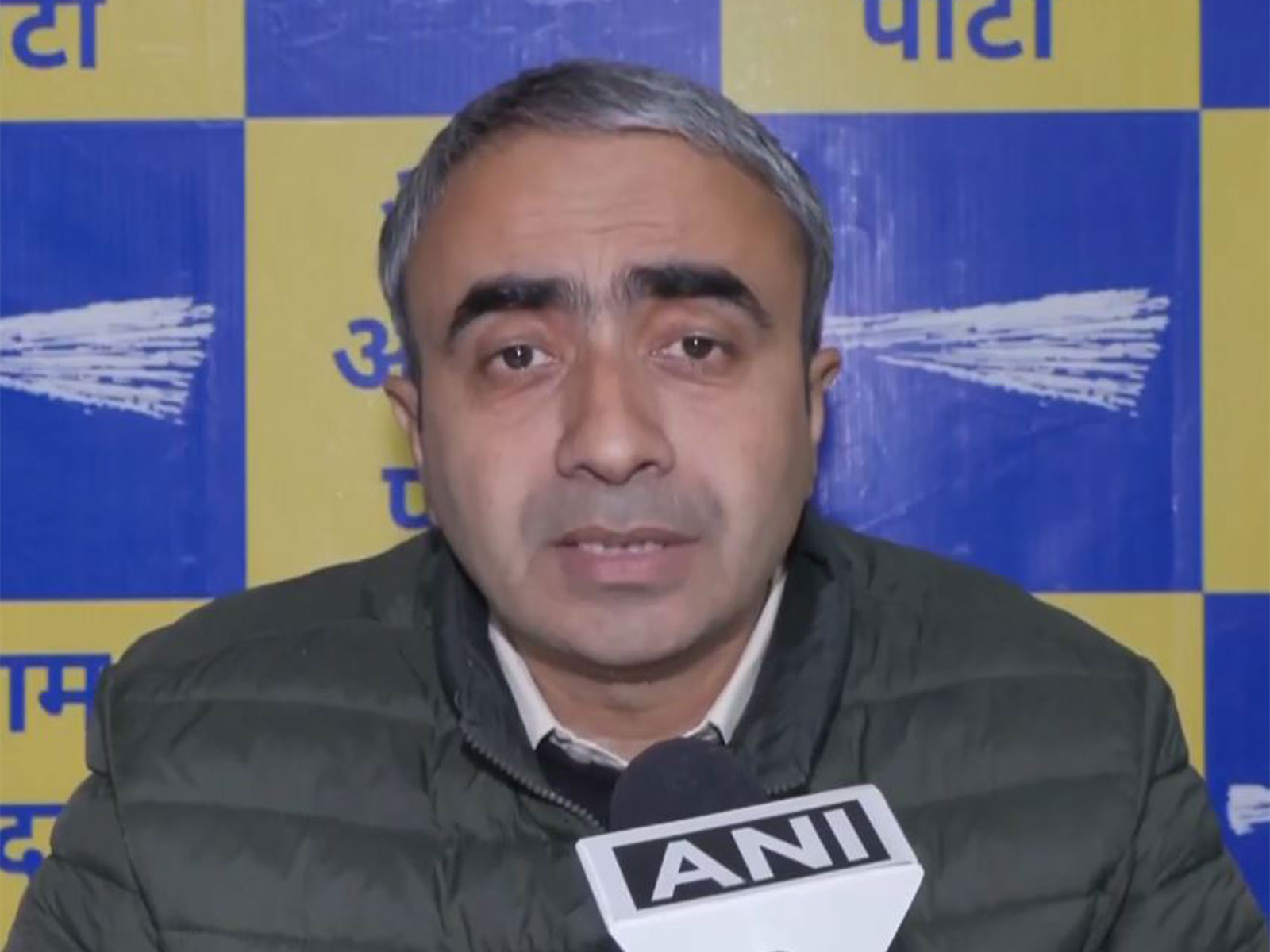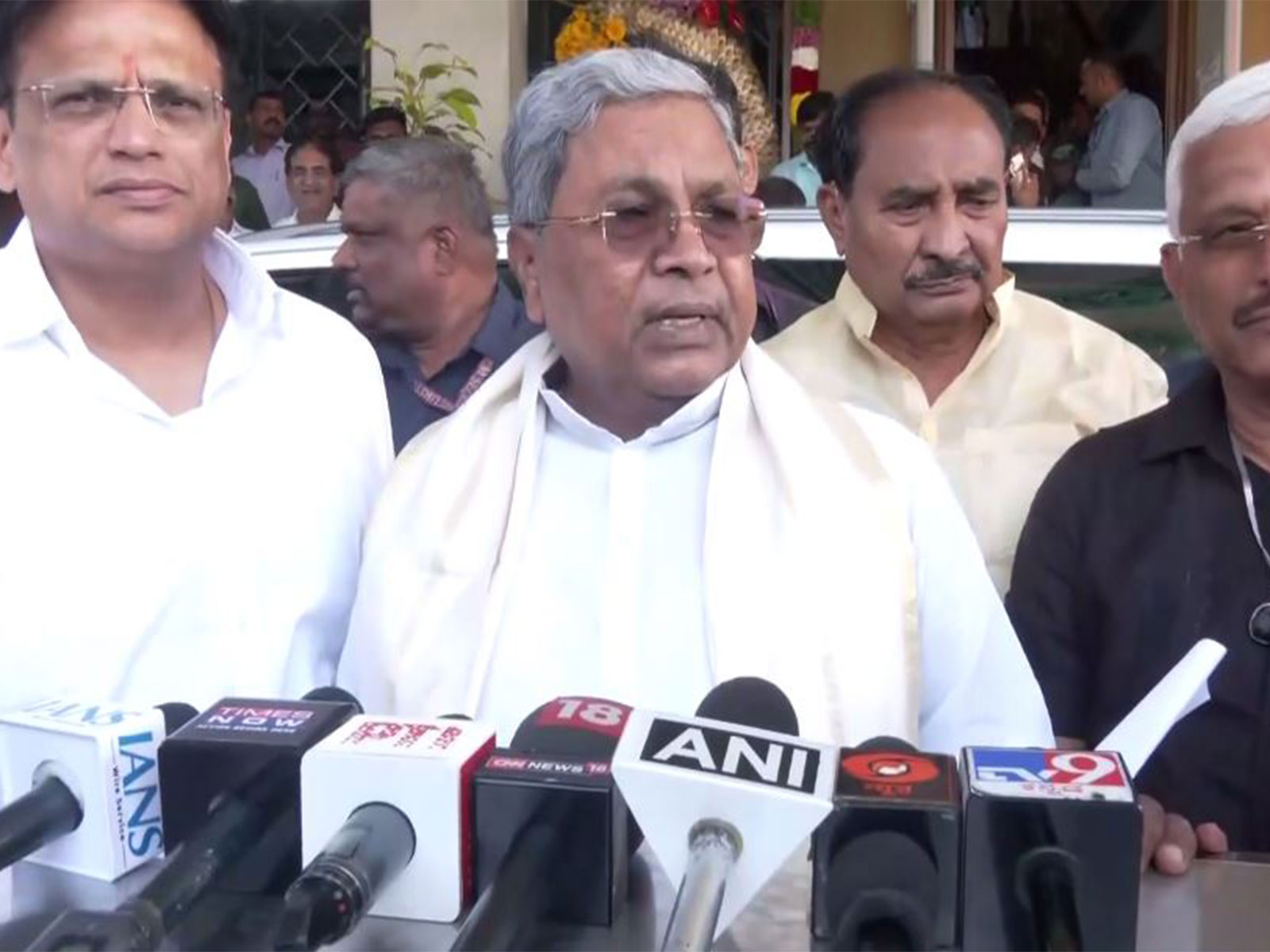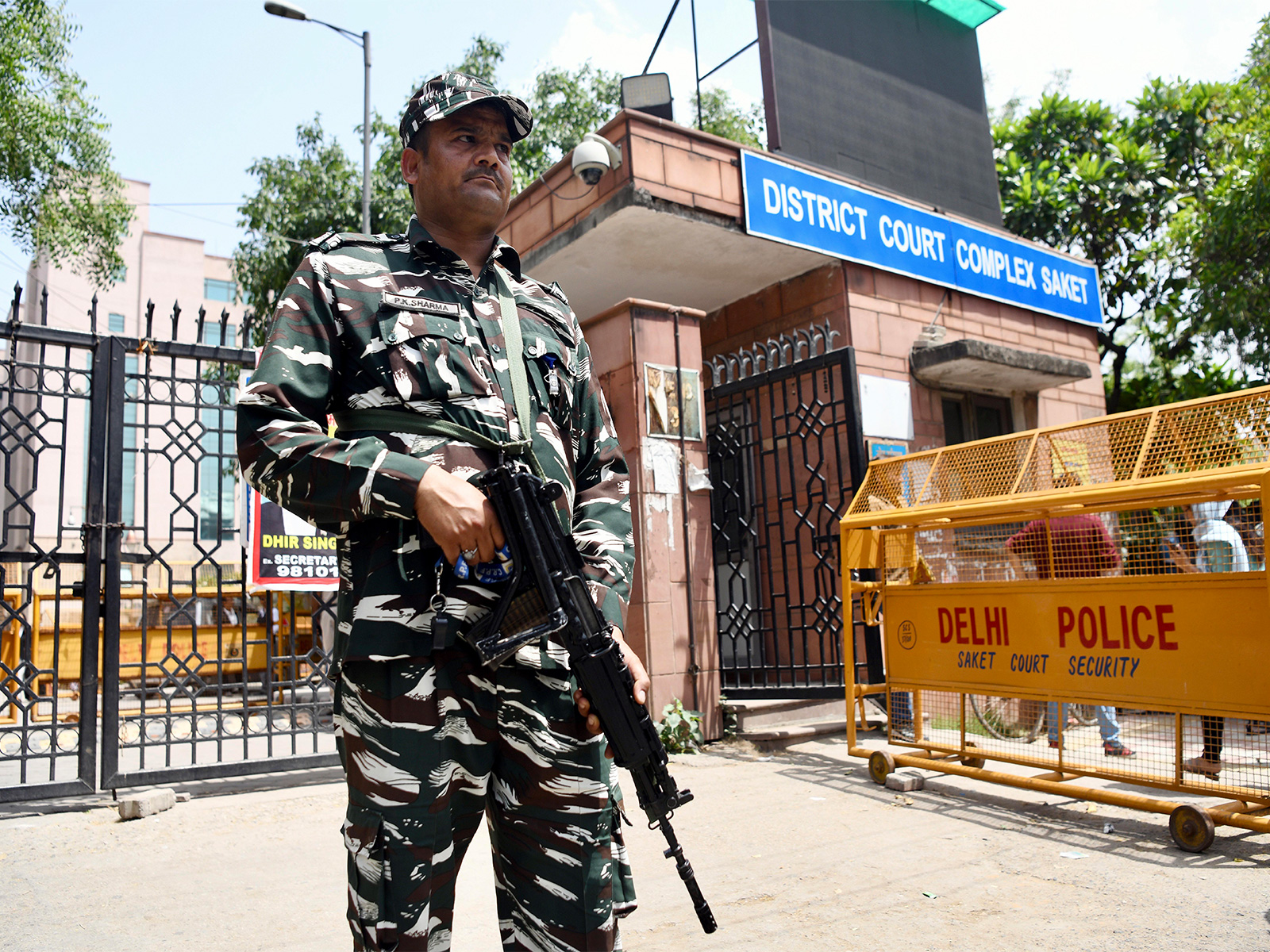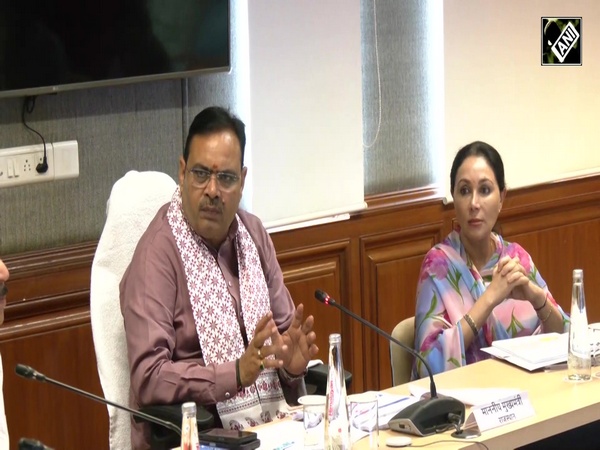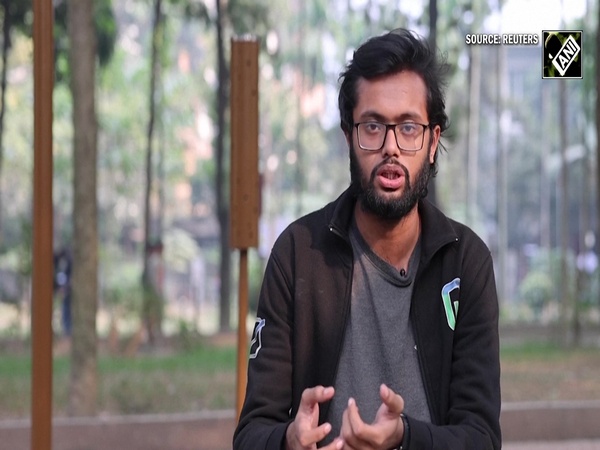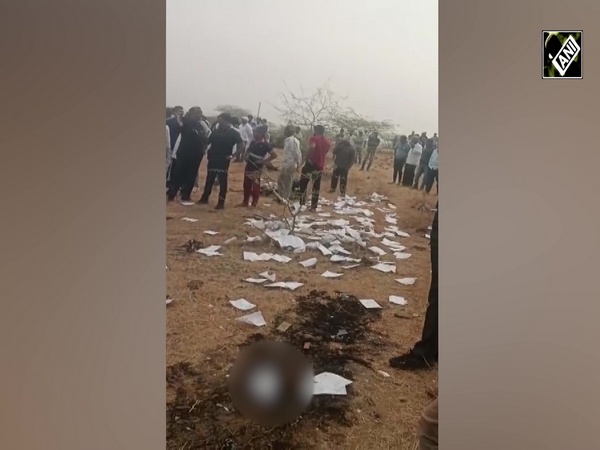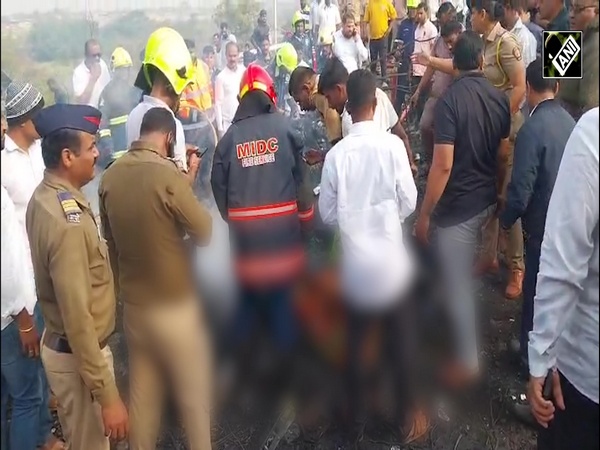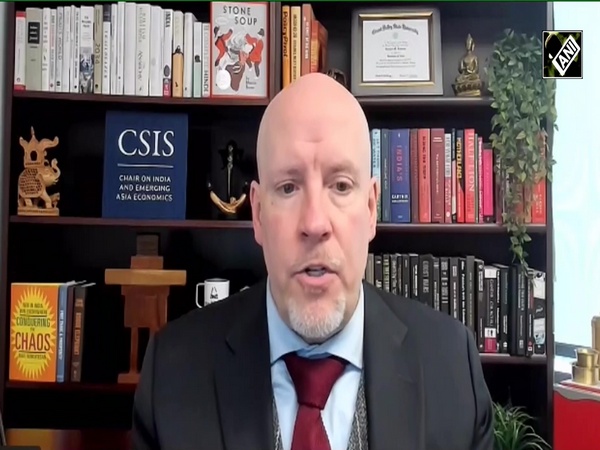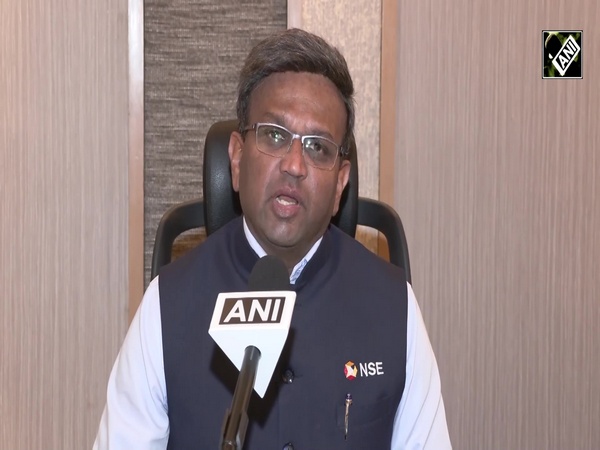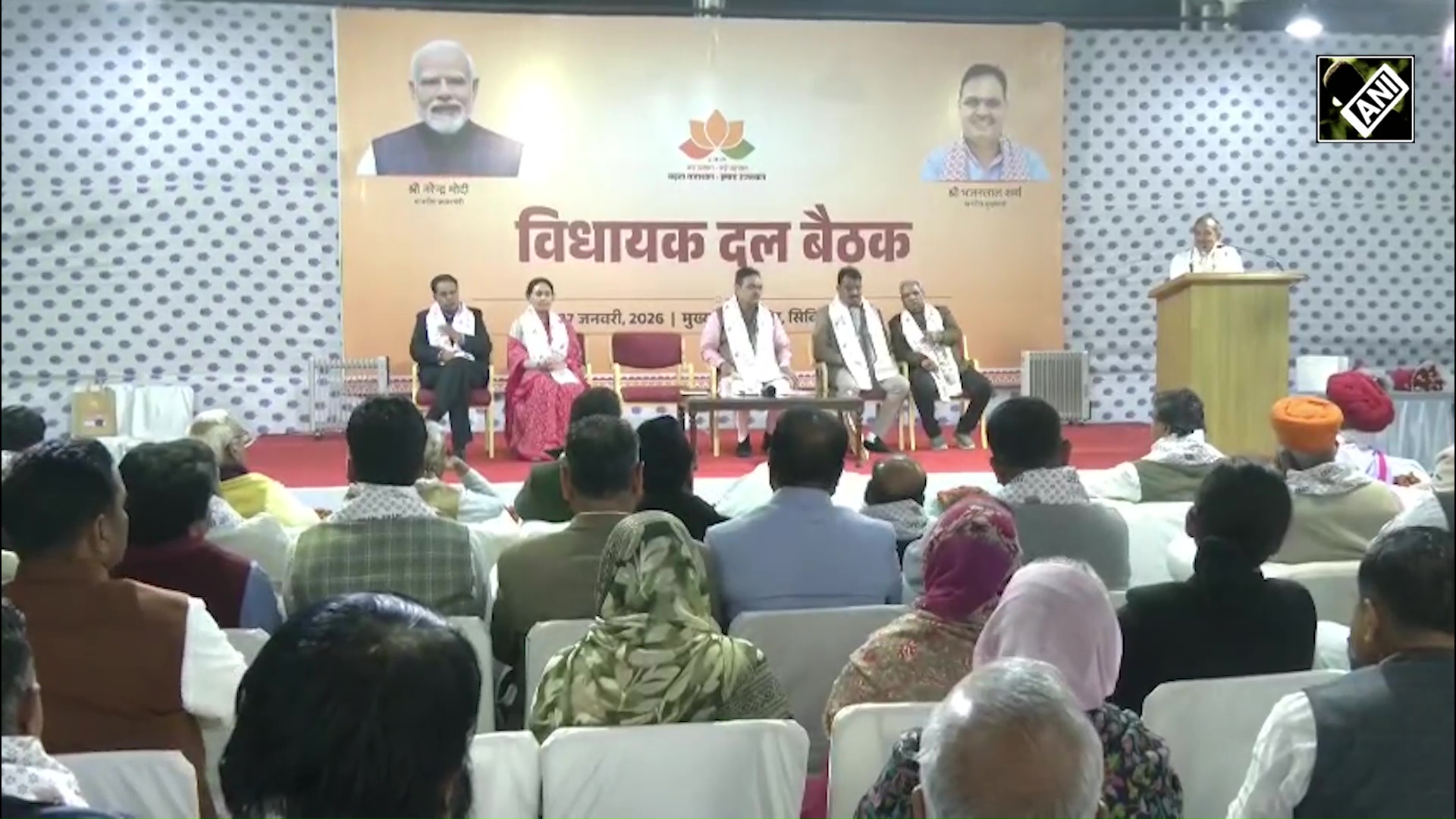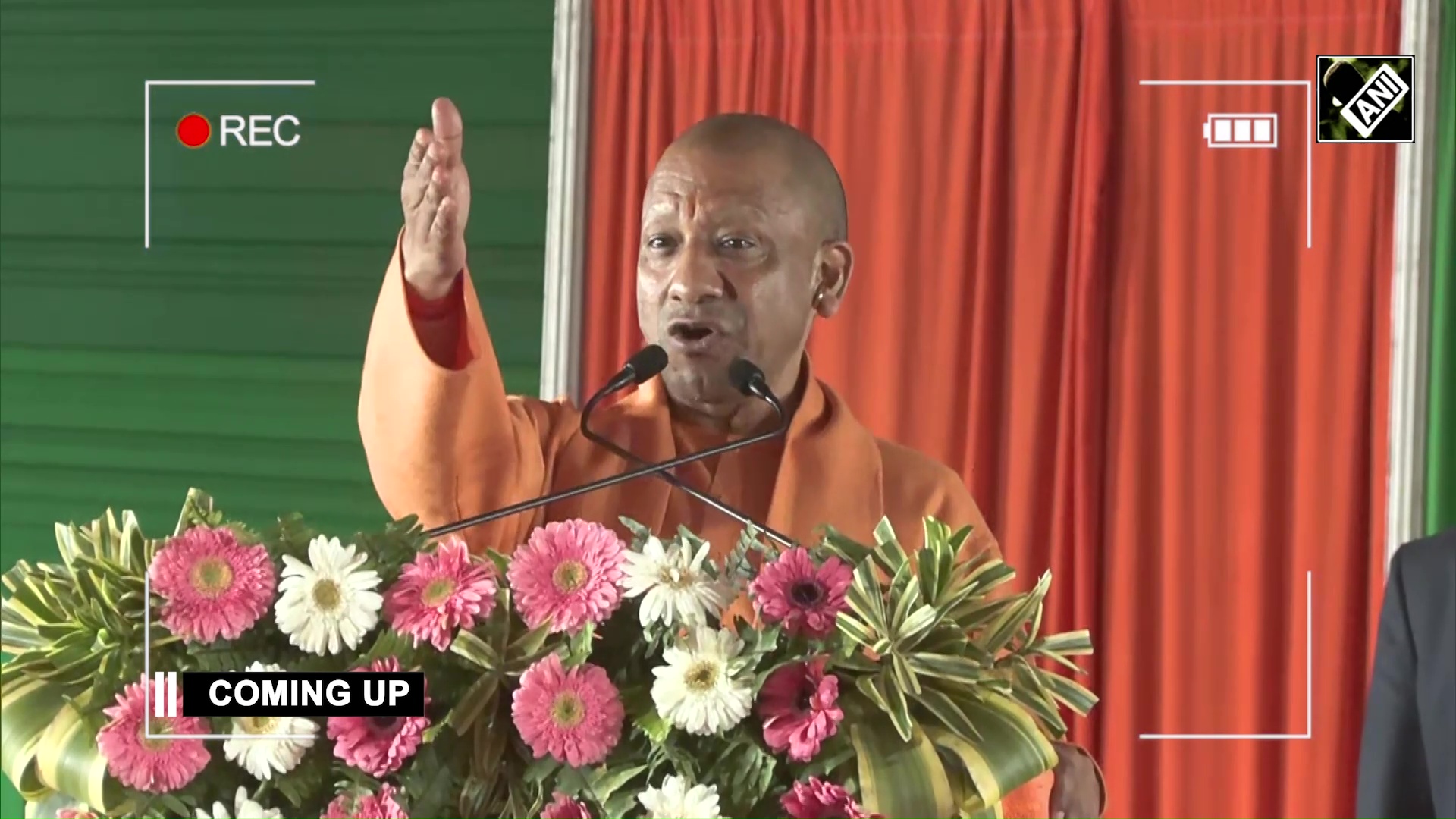Congress' Adhir Ranjan Chowdhury slams Centre over Diwali pollution, questions enforcement of green firecracker norms
Oct 21, 2025

Murshidabad (West Bengal) [India], October 21 : Congress leader Adhir Ranjan Chowdhury on Tuesday raised concerns over the worsening air quality during Diwali, blaming poor enforcement of green firecracker regulations for the pollution crisis in major Indian cities.
While the court had permitted only green firecrackers, Chowdhury questioned the government's failure to ensure compliance, saying that the ongoing suffocation faced by citizens reflects a gap between orders and ground reality.
"Not only in Delhi but in many big cities of India, firecrackers are being burst during Diwali, and due to the pollution caused by that, common people are feeling suffocated. The court had given these orders that green firecrackers can be burst... However, we cannot say whether this is being followed at the ground level. If that were the case, common people would not have to face the trouble regarding the pollution that has already spread with the bursting of firecrackers... The responsibility of implementing the court's orders in the ground reality lies with the government...," the Congress leader said.
The Supreme Court relaxed the firecracker restrictions in the Delhi-National Capital Region (NCR) ahead of Diwali, allowing the sale and bursting of green firecrackers from October 18 to October 21 last week.
Delhi's air quality was in the "very poor" category on Tuesday, a day after Diwali, with Graded Response Action Plan (GRAP) II norms already in force.
According to the Central Pollution Control Board (CPCB), the overall Air Quality Index (AQI) in Delhi stood at 351 as of 4 pm today.
Bawana recorded an AQI of 424 and remains the only area with air quality that falls under the 'severe' category. AQI in Anand Vihar stood at 332, Ashok Vihar 373, Burari Crossing 388, IGI Airport (Terminal 3) 295, ITO 349, Lodhi Road 334, Mundka 380, Najafgarh 312, Narela 363, Patparganj 320 and Punjabi Bagh 399.
Health experts have raised concerns about the rising Air Quality Index (AQI) and its impact on vulnerable groups, particularly children, the elderly, and those with respiratory ailments.
